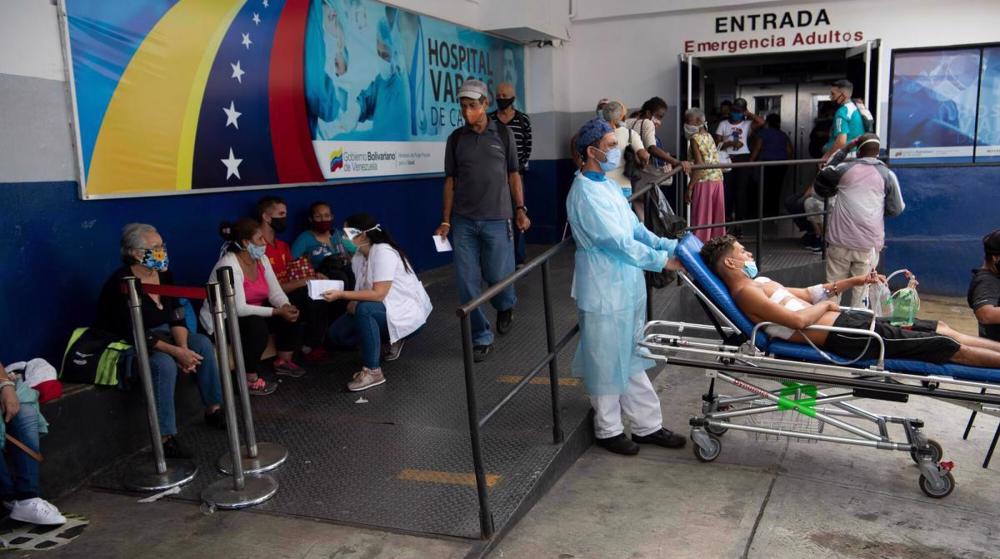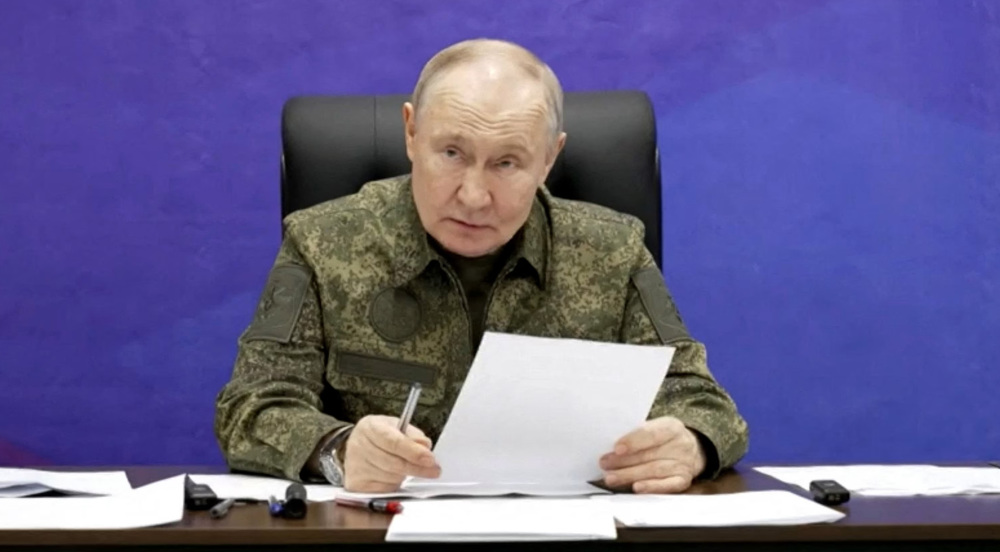With inflation growing higher than seen in several decades, global economic growth is projected to be weak in 2023, ranging between 2.7% and 3.2%, given the broad-based and sharper-than-expected slowdown in global economic activity, according to figures released in October 2022 by the International Monetary Fund (IMF).
A new biannual report released by the African Development Bank Group (ADB) revealed that economic growth in Africa is expected to exceed global forecasts in 2023 and 2024, with real gross domestic product (GDP) averaging around 4% in the said period.
The ADB pointed out that the expected figures for the region’s economic growth would outperform the rest of the world, which is projected to grow from 2.7% to 3.2% on average.
The report forecast the growth average in the five African regions in 2024 as follows: North Africa (3.4%), Central Africa (4.2%), East Africa (5.4%), West Africa (4.3%), and Southern Africa (2.8%).
“With 54 countries at different stages of growth, different economic structures, and diverse resource endowments, the pass-through effects of global shocks always differ by region and by country. Slowing global demand, tighter financial conditions, and disrupted supply chains therefore had differentiated impacts on African economies,” African Development Bank Group President Dr. Akinwumi Adesina said during the launch ceremony of the ADB report titled "Africa’s Macroeconomic Performance and Outlook."
Adesina pointed out that growth across all five African regions was positive in 2022, despite the “confluence of multiple shocks,” adding that the “outlook for 2023–24 is projected to be stable.”
The ADB's "Africa’s Macroeconomic Performance and Outlook" report revealed that Africa’s real GDP slowed to 3.8% in 2022, from 4.8% in 2021, due to a number of “significant” domestic and external challenges that faced the continent in recent years, including the COVID-19 pandemic and the ongoing crisis in Ukraine.
With a comprehensive regional growth analysis, the publication revealed that 53 out of Africa’s 54 states had posted positive growth during the last year.
The report listed the top 10 African nations expected to grow by more than 5.5% on average in 2023-2024, including Rwanda (7.9%), Ivory Coast (7.1%), Benin (6.4%), Ethiopia (6.0%), and Tanzania (5.6%), the Democratic Republic of the Congo (6.8%), Gambia (6.4%), Mozambique (6.5%), Niger (9.6%), Senegal (9.4%), and Togo (6.3%).
UN Secretary-General Antonio Guterres’ Advocate for Sustainable Development Goals, who attended the report launch event at the ADB headquarters in Abidjan, Ivory Coast, said that the figure listed in the report proved that Africa is currently “the place to invest.”
“Africa can and will rise to growth of 7 percent or more per year consistently in the coming decades. What we’ll see, building on the resiliency we see in this report, is a real acceleration of Africa’s sustainable development so that Africa will be the fast-growing part of the world economy.”
The prices of some life-saving medicines have soared to levels that are unaffordable for ordinary people in Venezuela as the United States has ramped up military presence in the Caribbean off Venezuela's coast, alongside escalating sanctions, blockades and military threats against the oil-rich South American nation since late August.
https://www.presstv.ir/default/Embeded/761400
At a northeastern suburb in the capital city Caracas, locals can still purchase most of the commonly used medicines at a major supermarket, where some antibiotics have been sold out, and some first-aid medicines and supplies have become too costly for ordinary residents.
"I'm here mainly to buy antibiotics. I have problems with my lungs. But I can't get all I want, such as vancomycin," said a resident named Alfonso.
"Recent tensions have affected the supplies and prices of drugs. The prices of cancer drugs, insulin drugs and albumin are very high, and most patients here cannot afford them," said Giovanna Gonzalez a ...
Russian President Vladimir Putin says Moscow is prepared to use military force to achieve the goals of its special military operation if Ukraine continues to delay peace talks.
During an inspection of a Russian armed forces command post on Saturday, Putin stressed that Moscow will not allow Kiev’s obstruction to prevent progress.
“If the Kiev authorities do not want to resolve the matter peacefully, we will accomplish all the tasks before us in the course of the special military operation by military means,” he said.
The Russian leader noted that the Ukrainian authorities are not moving toward a peaceful resolution, adding, “We see that even today, unfortunately, the leaders of the Kiev regime are in no hurry to resolve this conflict peacefully. I spoke about this a year ago in a speech at the Ministry of Foreign Affairs.”
Putin also received reports from Chief of General Staff Valery Gerasimov and commanders of Russia’s “Centre” and “East” military groups.
Meanwhile, ...















